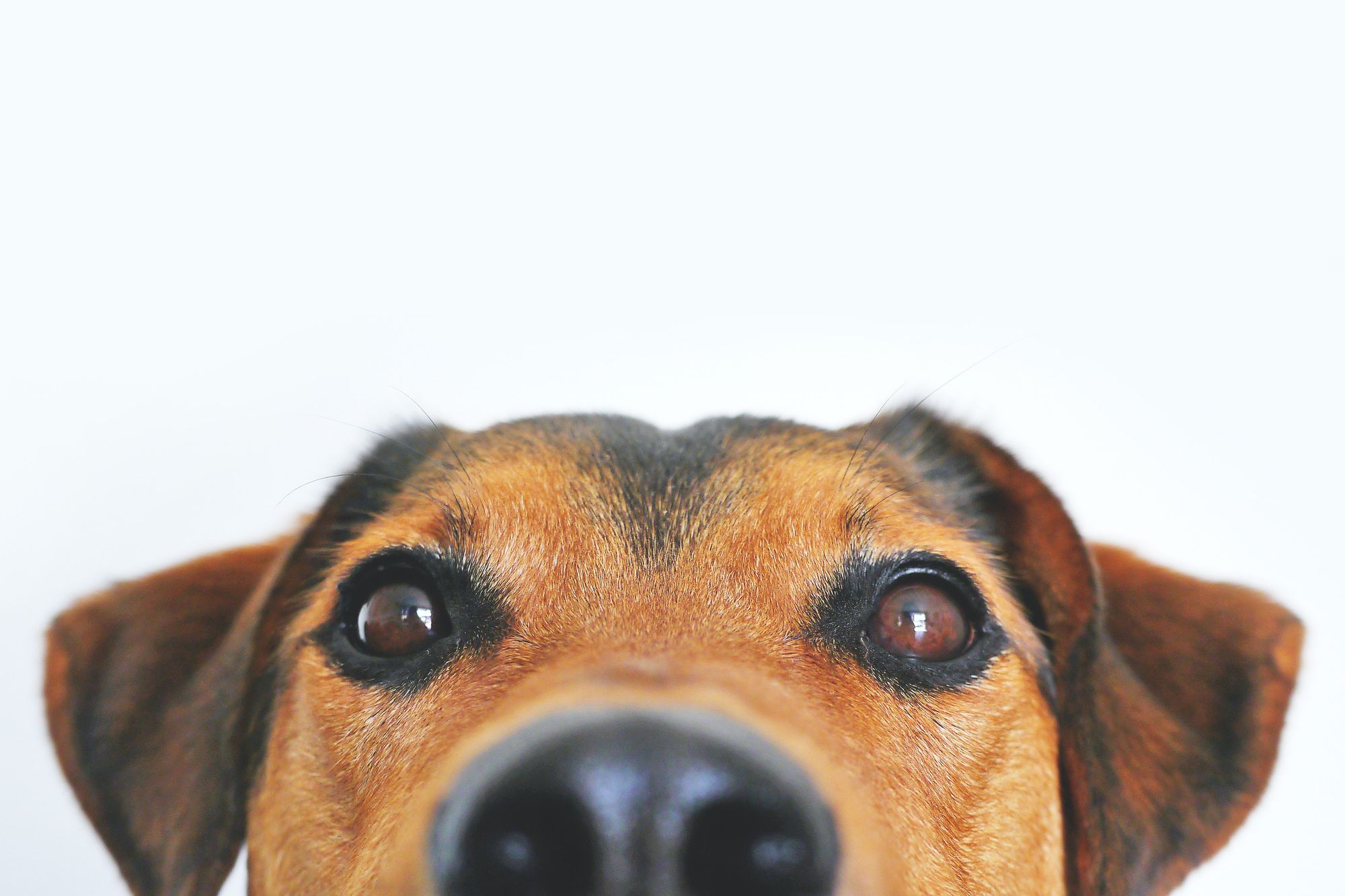Grieving the Death of a Beloved Pet: Why We Should Take Pet Loss Seriously

Stacey Jacobs
Pets are beloved members of our families, our true companions, our loyal friends. Pets are there for us when we get home from a hard day at work. They forgive, they forget, they are truly accepting of us just as we are. Pets love us unconditionally, and when a pet dies, it can be emotionally devastating.
Pets often play a large role in our lives. They may keep us active and social; they may keep us on schedule and structure our days as we feed and take care of them. Pets support us, reduce our loneliness and anxiety, and bring fun, joy and meaning to our lives, and so it is natural to feel grief, loss and sadness when they die.
The grief felt for a pet's death can be just as strong and painful as the grief felt for the death of a significant person in our lives. Pets influence our lives in many ways, and therefore their loss will be felt as such. It is important to acknowledge this grief, as we would acknowledge the grief of anyone for which we have developed a close, loving bond.
Some people struggle with these feelings because they feel confused, embarrassed, ashamed or guilty that their grief is emotionally, psychologically and even physically draining and impairing. We have been taught that pet grief is inferior to human grief – however, this is not the case. We can form an attachment to a pet that is just as strong or even stronger than attachments we form with humans.
The social and cultural expectations and pressure felt to minimize pet grief can have negative consequences and be detrimental to our health. We need support from family and friends when we are grieving, and this support may not be present by some when our beloved pet dies. It can help surround yourself with people who understand and respect how you are feeling, as a lack of support can add time and intensity to the grieving process.
You should express your feelings of grief with those that understand. They are real and valid feelings. Take the time to remember your pet, tell stories about them, look at pictures, make a social media post, get a tattoo – whatever you find helpful. It is okay to cry and grieve for as long as necessary; this is your right. Even if some people do not understand, you should not have to argue with anyone about the appropriateness of your grief.
There is no “normal” time frame when recovering from grief. It could take weeks, months or years. Grief may come in stages or cycles. Memories of your pet may be triggered by a sight, a sound, a smell, a situation. Maybe your pet was your only housemate, and coming home to an empty house brings you sadness. Maybe your pet was a service animal or a therapy animal. Maybe you are not only grieving the loss of your pet but the loss of support and independence they brought you.
People may ask when you will get another pet. Although often asked with good intentions, this question is insensitive and insinuates that your pet is replaceable. Pets are all unique. They have their own personalities, likes and dislikes. Each pet will interact with you in their own way. Many animals also show feelings such as happiness, anger and grief. A surviving pet can feel sadness for another pet's death, as they also lost a companion. It is also possible they feel sadness because you are feeling sad. It is important to continue with routines for the surviving pet, as it can be a healthy way for you to support one another.
As I write this, I have a dog curled up at my feet and another on my lap. They always stay by my side, and they are my biggest fans. They do not judge me, they lick away my tears, and they are always excited to see me. They have been with me during setbacks and stressful times in my life, always willing to distract me from my worries and make me feel loved and needed. I know I will grieve deeply when they die, and I know I will not feel comfortable hiding my grief.
As a group, if we talked louder and more often about the painful grief felt for a pet's death, more people would understand, and more people would feel comfortable expressing their own grief. Pet grief is real grief. It can be painful, emotional, even debilitating. It is not something that needs to be dealt with quickly or silently; it deserves to be acknowledged, respected and honoured.
If you are in need of a pet cremation provider, you can contact In Good Hands Pet Loss to see if they can assist.




